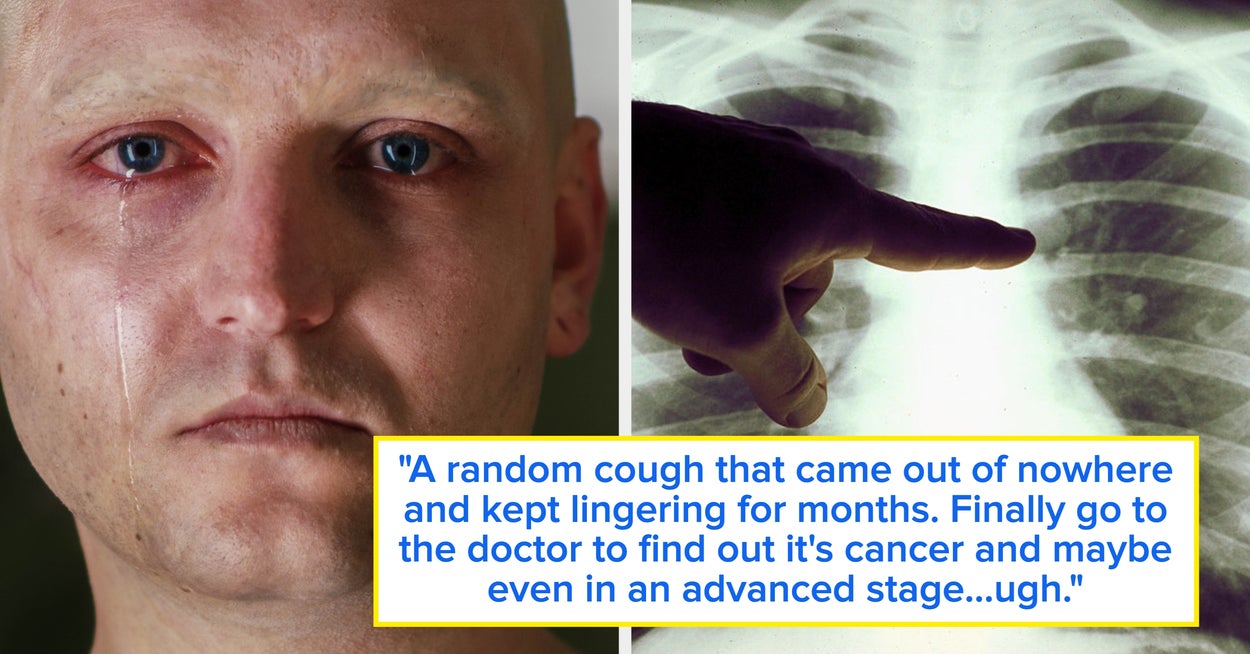Recognizing Early Cancer Symptoms: Stories and Expert Insights

In a poignant reflection, a woman recalls the moment she realized her mother’s persistent sore was more than just a minor ailment. The sore, hidden under her mother’s armpit, was a symptom of a much larger issue—stage 4 cancer. This revelation came too late for effective intervention, leaving a family to wonder what might have been if the warning signs had been heeded earlier.
The story highlights a critical issue in cancer diagnosis: the importance of recognizing and acting on early symptoms. According to the American Cancer Society, early detection can significantly increase the chances of successful treatment. However, many individuals, like the woman’s mother, may overlook or dismiss early warning signs, attributing them to less serious conditions.
The Importance of Early Detection
Cancer remains one of the leading causes of death worldwide, with millions of new cases diagnosed each year. Early detection is crucial, as it can lead to more effective treatment options and better survival rates. Yet, many people are unaware of the subtle symptoms that could indicate the onset of cancer.
Dr. Emily Carter, an oncologist at the National Cancer Institute, emphasizes the need for public awareness. “Many cancers can be treated successfully if caught early,” she explains. “Unfortunately, symptoms are often vague and can be mistaken for other, less serious conditions.”
Common Overlooked Symptoms
Some of the most commonly overlooked symptoms include persistent sores, unexplained weight loss, fatigue, and changes in skin appearance. These symptoms can easily be attributed to stress or aging, causing delays in seeking medical advice.
“By the time many patients come to us, the cancer has progressed significantly,” Dr. Carter notes. “This is why it’s so important to listen to your body and seek medical attention if something feels off.”
Stories from Those Affected
The story of the woman and her mother is not unique. Many families have faced similar situations, where early symptoms were ignored or misunderstood. These personal accounts serve as a powerful reminder of the importance of vigilance and proactive healthcare.
Another individual shared a similar experience, recounting how a persistent cough was dismissed as a seasonal allergy. It wasn’t until the cough worsened and other symptoms appeared that a diagnosis of lung cancer was made. By then, the cancer had spread, limiting treatment options.
Expert Recommendations
Experts recommend regular check-ups and screenings, especially for those with a family history of cancer. Lifestyle changes, such as a healthy diet and regular exercise, can also play a role in reducing cancer risk.
According to the World Health Organization, “Up to 40% of cancer cases could be prevented by modifying or avoiding key risk factors.”
Moving Forward: Raising Awareness
The stories of those who have faced cancer highlight the need for increased awareness and education. Public health campaigns and initiatives aim to inform individuals about the importance of recognizing early symptoms and seeking timely medical advice.
Organizations like the American Cancer Society are working tirelessly to provide resources and support for those affected by cancer. They offer educational materials, support groups, and advocacy programs to help individuals navigate their cancer journey.
As we continue to learn from these personal stories, the hope is that more people will become aware of the early signs of cancer and take proactive steps to address them. Early detection can make a significant difference, potentially saving lives and improving outcomes for those diagnosed with cancer.






